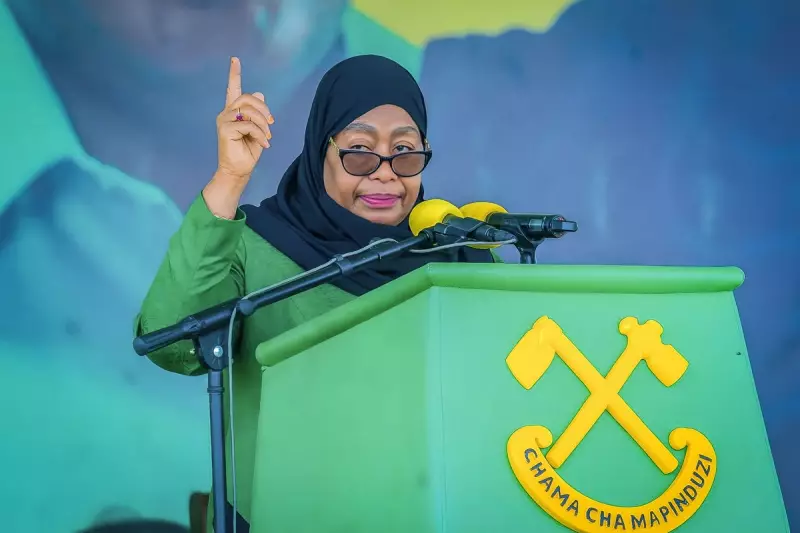
Tanzania stands at a political crossroads as President Samia Suluhu Hassan's government faces mounting criticism over its continued suppression of democratic freedoms and opposition voices. Despite initial hopes for reform when she took office in 2021, recent developments suggest a troubling continuation of authoritarian practices.
The Unfulfilled Promise of Reform
When President Hassan assumed power following the death of her predecessor John Magufuli, many international observers anticipated a new era of political openness. However, current evidence indicates that Tanzania's democratic space continues to shrink dramatically.
Opposition leaders remain systematically silenced through a combination of legal harassment, arbitrary arrests, and restrictive legislation that effectively criminalizes dissent. The main opposition party, Chadema, has seen its activities severely curtailed, with many of its key figures either imprisoned or forced into exile.
Election Integrity Under Scrutiny
The upcoming electoral process faces serious credibility questions amid reports of:
- Voter registration irregularities in opposition strongholds
- Restricted media access to polling stations
- Ongoing legal barriers preventing opposition candidates from standing
- Intimidation tactics against civil society observers
International Response and Diplomatic Pressure
Western nations, particularly the United Kingdom and United States, have expressed growing concern about Tanzania's democratic backsliding. Diplomatic sources indicate that several countries are considering targeted sanctions against officials involved in human rights abuses.
"The international community invested significant hope in President Hassan's leadership, but we're witnessing a disappointing continuation of repressive policies," noted a senior European diplomat speaking on condition of anonymity.
Economic Implications
The political instability has begun to affect Tanzania's economic prospects, with foreign investors expressing nervousness about the country's direction. Tourism, a vital sector for the East African nation, has shown vulnerability to political unrest, threatening crucial revenue streams.
What Next for Tanzanian Democracy?
As pressure mounts both domestically and internationally, President Hassan faces critical choices that will define her legacy. The coming months will reveal whether Tanzania will return to its historical role as a regional democratic leader or continue down an increasingly authoritarian path.
Civil society organizations continue to document human rights abuses, while opposition groups vow to maintain their struggle for democratic reforms despite the significant personal risks involved.





